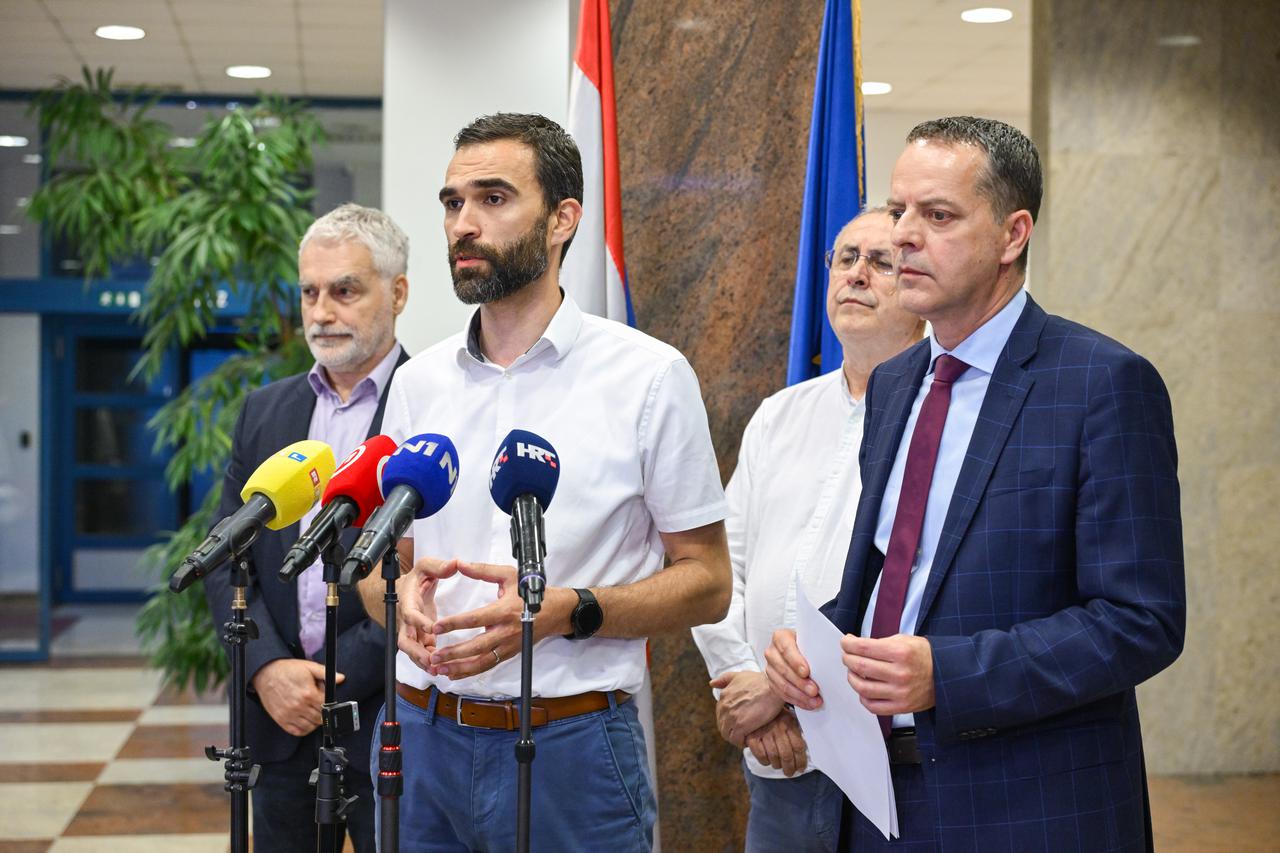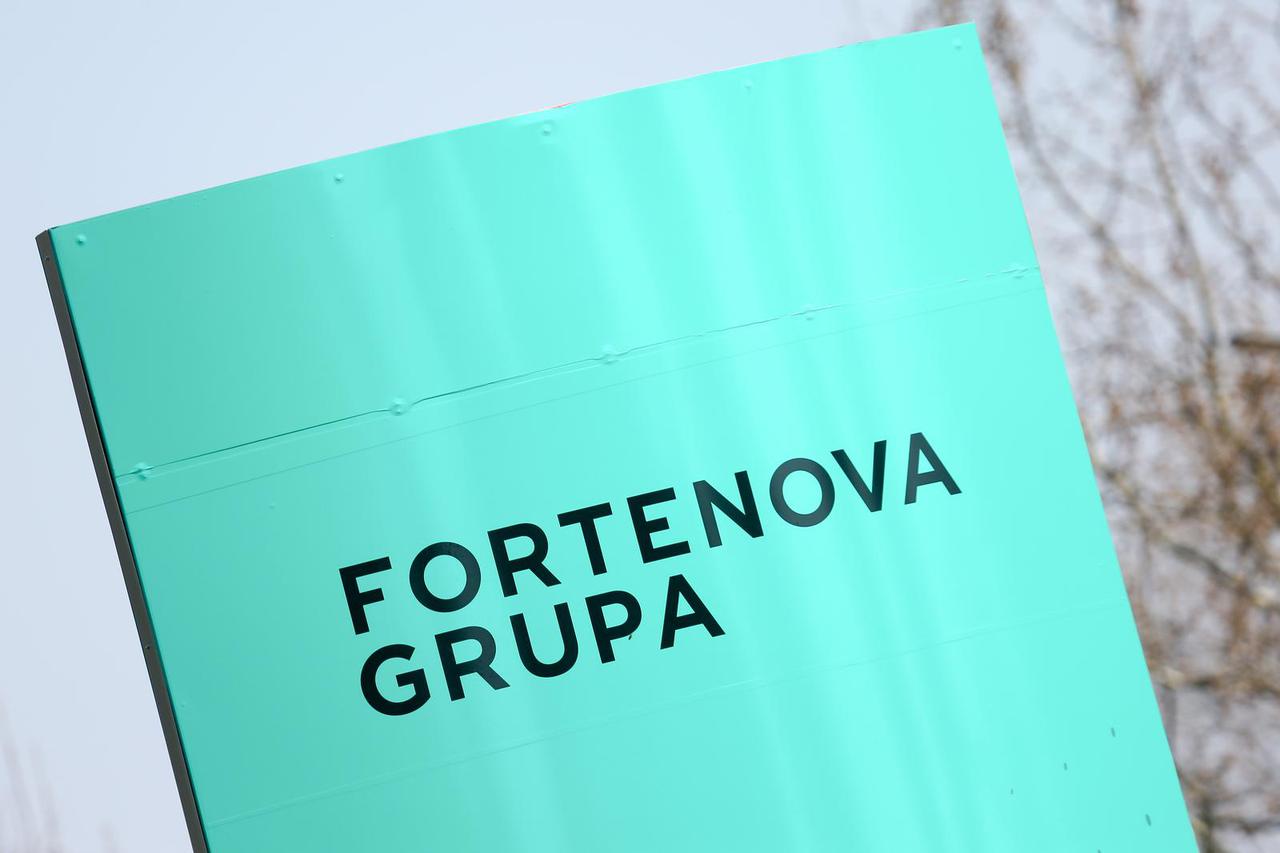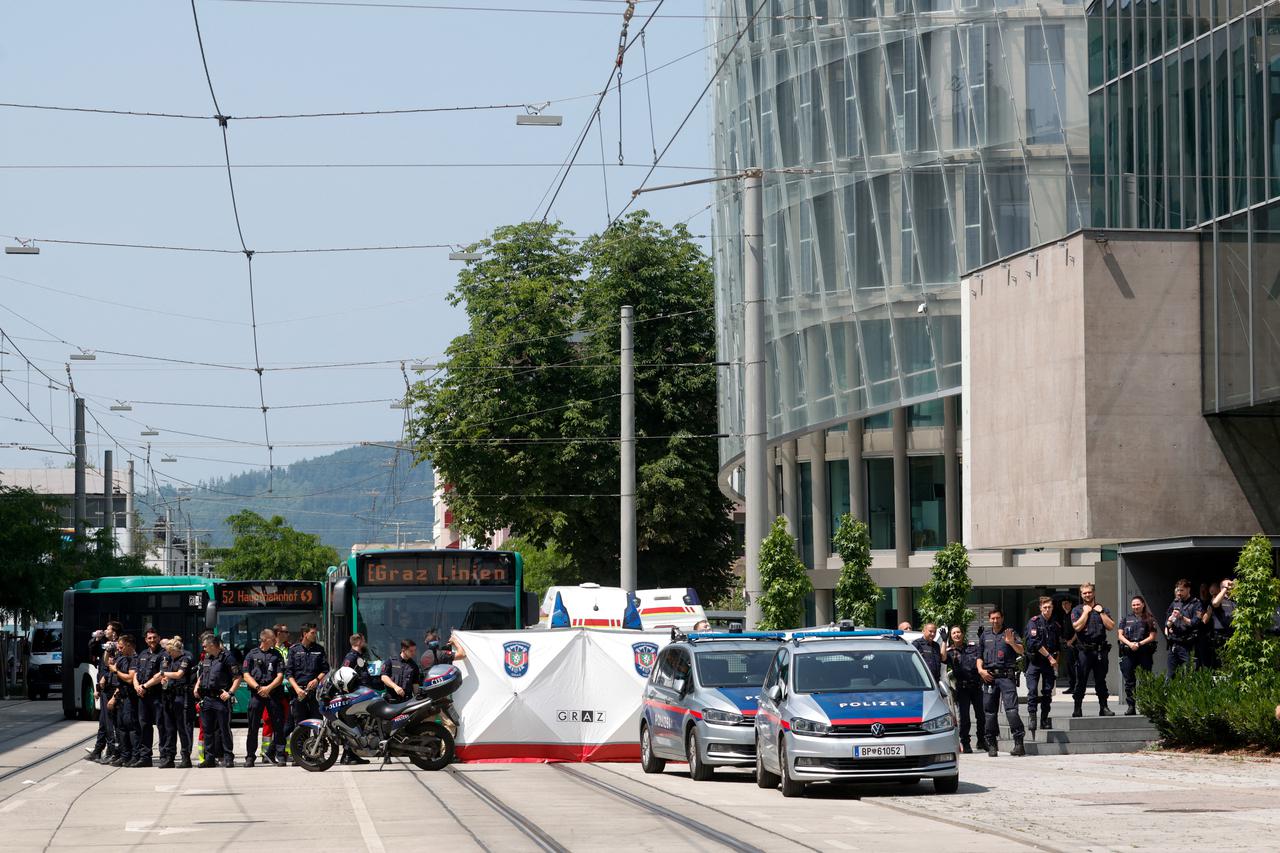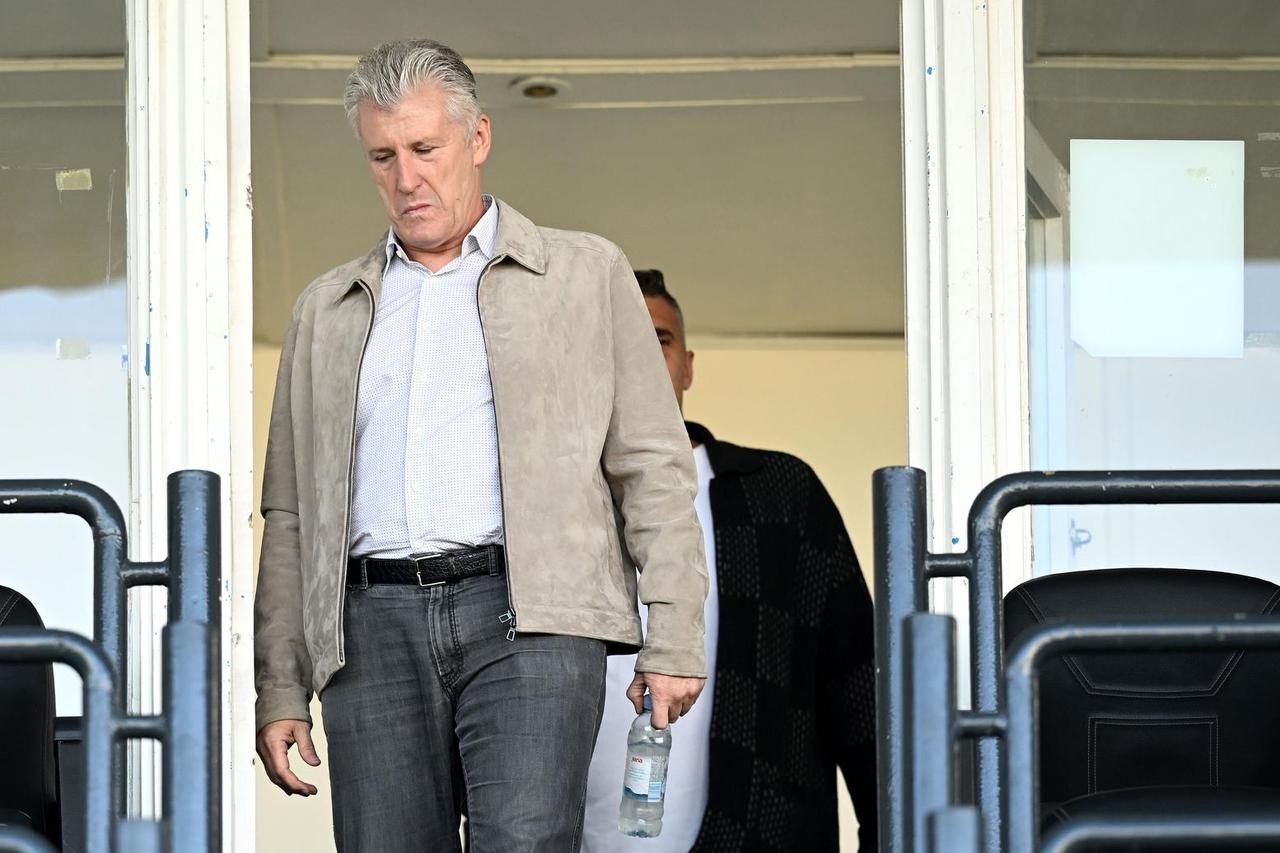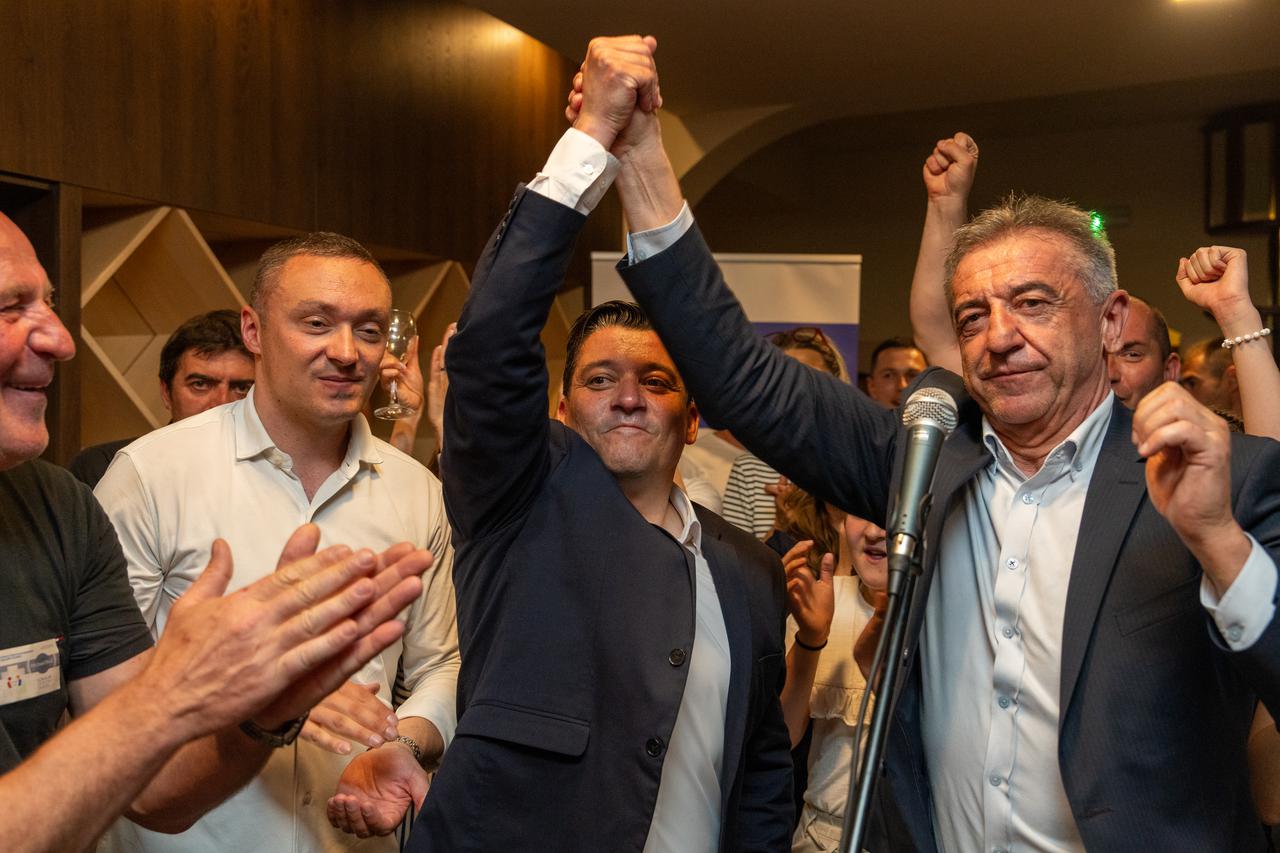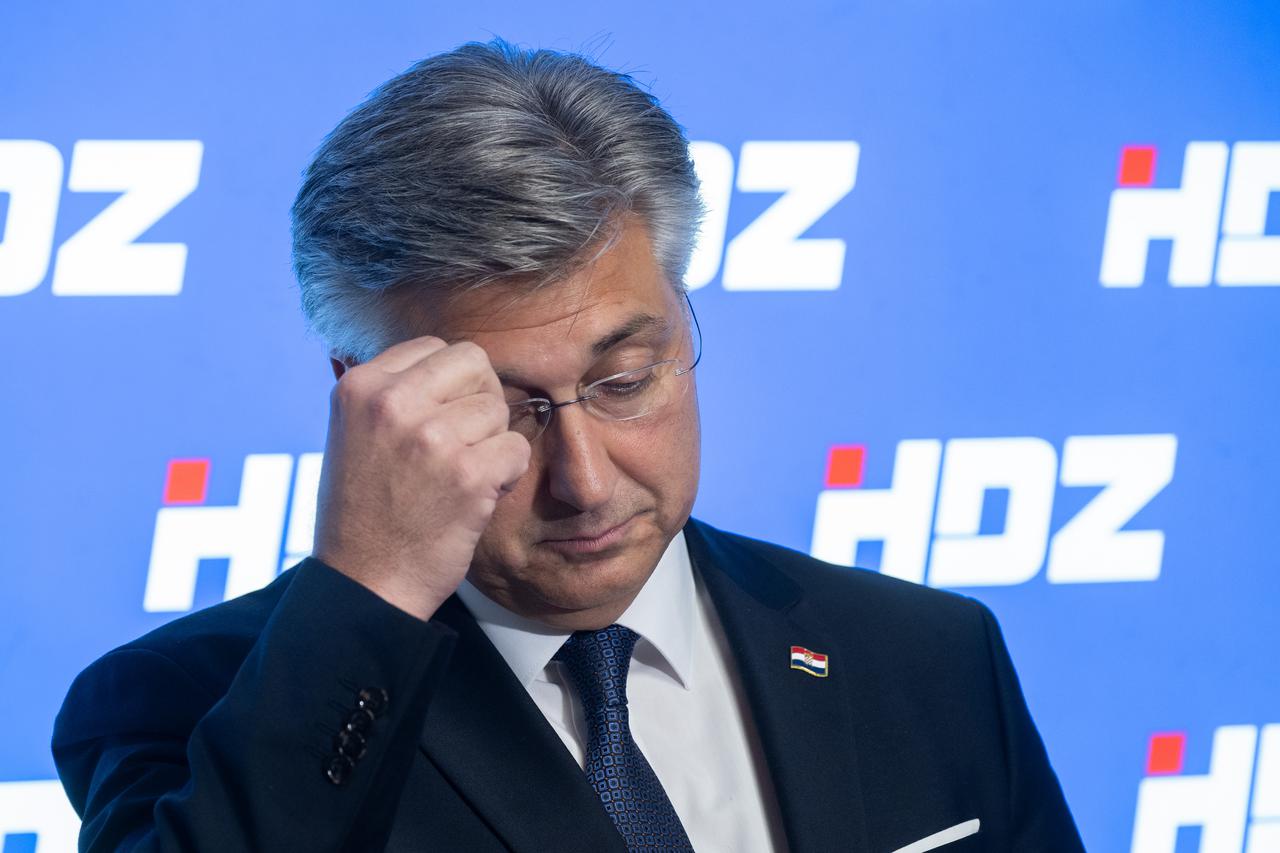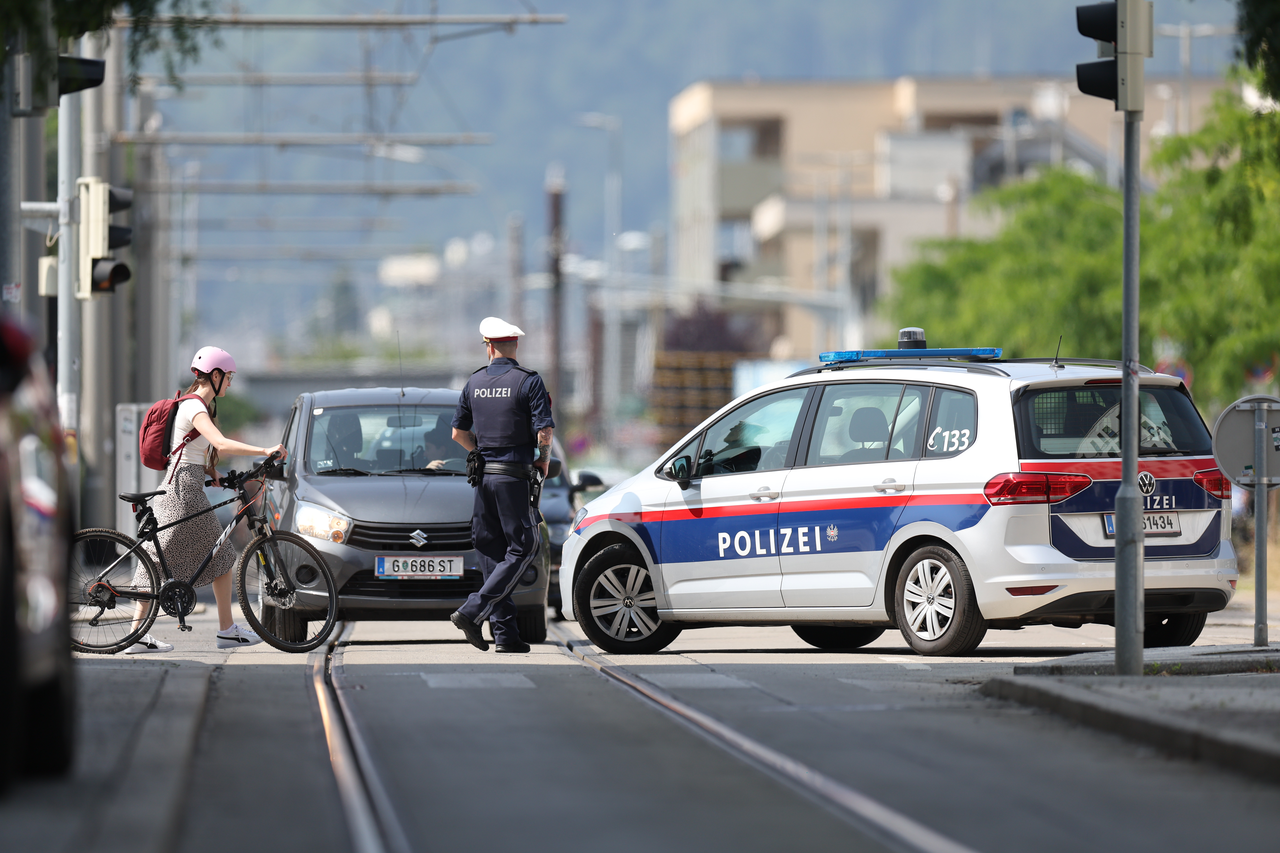Union representatives and the Croatian government are negotiating a 10% increase in the base salary and a postponement of vocational school reforms, including modular teaching planned for the start of the new school year. After five hours of talks, a draft agreement was reached, which will be submitted to union members for a vote. If the agreement is rejected, a strike has been announced. The unions also demand that teachers not be evaluated in terms of quality and work efficiency. The negotiations are part of a mediation process involving three educational unions. This topic is important for the education system and employees in the Croatian education sector.
Political Perspectives:
Left: Left-leaning outlets emphasize the importance of fair wage increases for educators and the protection of workers’ rights. They highlight the unions’ demands for a 10% salary increase and oppose the evaluation of teachers based on performance metrics, viewing it as a threat to job security and educational quality. The postponement of modular teaching reforms is seen as necessary to ensure proper implementation and respect for educators’ working conditions.
Center: Center-leaning sources report the negotiations factually, focusing on the progress made during talks and the potential consequences if an agreement is not reached, such as a strike. They present both the government’s and unions’ positions, noting the 10% wage increase demand and the postponement of reforms. The coverage tends to be balanced, emphasizing the importance of dialogue and compromise in resolving the dispute.
Right: Right-leaning media may stress the need for fiscal responsibility and caution against excessive wage increases that could burden the government budget. They might highlight the government’s willingness to negotiate and the importance of reforming the education system, including modular teaching, to improve efficiency. The unions’ resistance to evaluation and reform could be portrayed as obstructive to progress and modernization.







